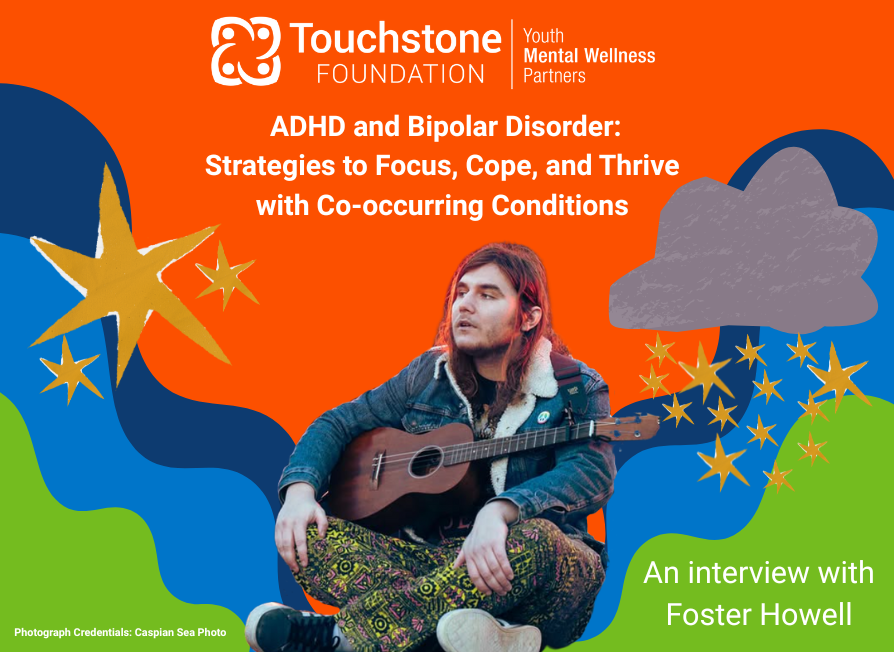Happy Asian American Pacific Islander Month! We are continuing our Q&A series with some members of our community on the topic of mental wellness in connection with the Asian and Pacific Islander community. Today we are highlighting Carrie Smith!
Carrie is the Secretary of the Touchstone Foundation board. She also serves on the board of Ambassadors for Hope, an organization that advocates for children with incarcerated parents.
Carrie has been part of the Lancaster community for almost 17 years. When she isn’t involved in nonprofit work, Carrie is a faculty member in the Department of Criminology, Sociology, & Anthropology at Millersville University. Currently, she is the coordinator of the university’s Center for Public Scholarship & Social Change.
Q: What is your journey with mental health/mental wellness?
Like many of my generation, I grew up with little understanding or awareness of mental health and wellness. Today, we’re seeing less stigmatization and more open discussion of these issues. Yet, there is still so much more we can do in terms of education and access. I am lucky to have an opportunity to teach a class at Millersville University on the sociology of mental health, where we examine how the larger social contexts and structures impact health experiences and outcomes. I have had the great privilege of learning from students about their experiences and working through my own mental health challenges as well.
Serving on the board of Touchstone and the Talent Pipeline Committee gives me an opportunity to work on improving access to mental health care in the county. I believe that we can, and should, continue to work and improve mental health education and access. Whenever my students are dispirited, I remind them that while thinking sociologically helps us grasp the enormity and complexity of the problem, it also helps us craft solutions and policies. I’ve also been more aware of the needs of caregivers, being very fortunate to have had tremendous support in my own mental health struggles. I think that’s the next step of my journey – to advocate for and support caregivers supporting those of us with mental health challenges.
Q: Why do you think mental health awareness is important in the Asian community?
Sadly, mental health is still a taboo subject among many in the Asian community, although there has been much progress. There is still a widespread perception that mental health challenges are not real – we can just work harder and shake ourselves out of it. Many Asian cultures also privilege the family as the core unit, which places heavy responsibilities on caregivers. We need to better able support those dealing with mental health challenges, as well as caregivers. We also need to be more thoughtful in crafting resources that are culturally aware of the perceptions and understandings of mental health in Asian cultures and communities.
Q: What is one piece of advice you would give to children/youth in Lancaster looking to improve their mental wellness?
Keep asking questions and keep reading! There are many great books out there, and more people are also sharing their experiences with mental health challenges. It can be very helpful to learn from others’ experiences, and to know that you’re not the only one seeking to improve your mental wellness.




